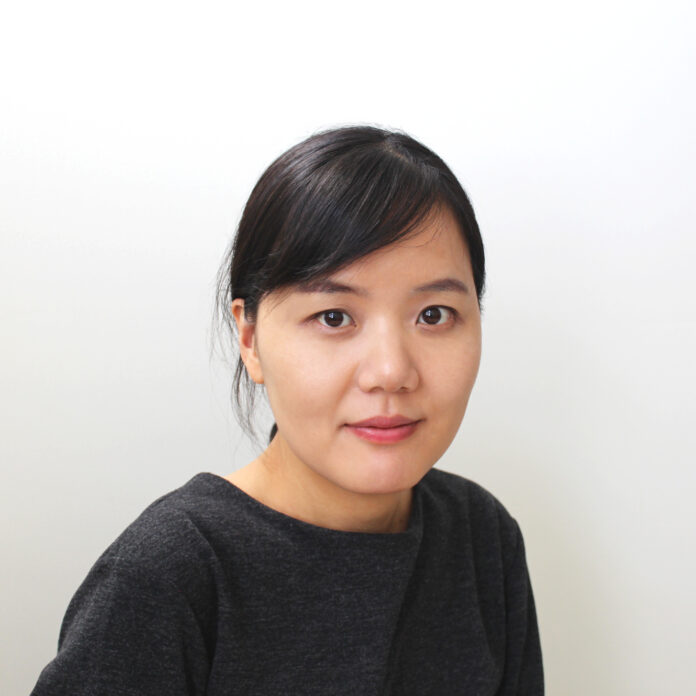Bora Youn, a researcher who is working with professors from Brown University’s School of Public Health, recently received about $21,000 from the American Lung Association to support her work seeking effective treatments for advanced non-small cell lung cancer in the elderly. The grant was included in $8.7 million awarded through the ALA’s Airways Clinical Research Center Network and its awards and grants programs.
With the grant, Youn is able to study the effect of chemotherapies, therapies and immunotherapies on elderly patients. Her work also includes analysis of the types, cost and effectiveness of care that such patients are receiving in routine oncology practices.
PBN: Please explain the main focus of your research.
YOUN: The main focus of my research is to understand the clinical and financial impact of novel lung cancer treatments, particularly among older adults. Limited information is available to guide care for older adults because of their underrepresentation in clinical trials.
In addition, the high prices of new cancer treatments are imposing a significant financial burden on patients and the health care system. For example, the average drug costs of novel immunotherapies for advanced lung cancer were estimated to be more than $70,000.
The goal of my research is to determine the clinical benefit and financial impact of these novel treatments to help patients and physicians make informed decisions.
PBN: How do you hope to use your findings?
YOUN: My findings will be published in academic journals and presented at conferences. It will be shared with clinicians, policymakers, patients and their caregivers to advance the knowledge on novel lung cancer treatments and improve the experience of patients with lung cancer.
PBN: How many people are you working with on the project, and what is its timeline?
YOUN: I am working with three professors at Brown University School of Public Health and also with an oncologist in St. Louis. I plan to finish the project by summer 2020.
PBN: Are you partnering with any Rhode Island medical facilities? If so, which ones, and how are you working together?
YOUN: Unfortunately, I am currently not partnering with Rhode Island medical facilities for this project.
PBN: Is this your first project on lung health? If not, what other types of work have you done in this area?
YOUN: Yes, this is my first project on lung health. Since lung cancer continues to be the leading cause of cancer death in the United States, I plan to continue to work on projects that can improve care for patients with lung cancer.
Elizabeth Graham is a PBN staff writer. She can be reached at graham@pbn.com.











